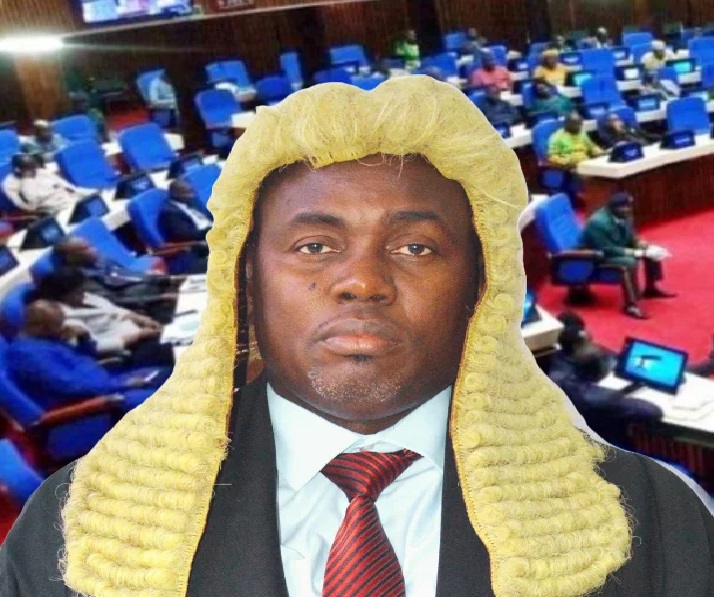By Hassan Osman Kargbo
The Parliament of Sierra Leone has officially dismissed widespread claims that the recently enacted Child Rights Act 2025 criminalises Female Genital Mutilation (FGM). In a press release issued on Monday 7 July 2025, lawmakers firmly stated that the new legislation contains no clause penalising individuals who perform circumcision on underage girls.
This clarification comes in response to a flurry of media reports suggesting that the Act introduces a fine of 100 million Leones for anyone involved in the practice of FGM on minors. Parliament has labelled those reports as “factually incorrect and misleading,” urging the media to seek accurate information directly from the legislative committee before publishing sensitive content.
“The Child Rights Act 2025 does not contain any provisions criminalising FGM,” the statement read. “We urge all media outlets to verify facts with the relevant parliamentary bodies to prevent the spread of misinformation.”
The Child Rights Act 2025 is designed to strengthen the legal framework protecting children across Sierra Leone, focusing on areas such as education, health, and child welfare. While the Act enhances protections in many areas, Parliament made it clear that it does not address FGM in punitive legal terms.
Despite the absence of explicit FGM criminalisation in the legislation, Parliament reaffirmed its commitment to the protection and dignity of every child in the country. Lawmakers emphasized the importance of accurate and responsible reporting, especially on culturally sensitive and socially complex issues like FGM.
FGM remains a deeply rooted traditional practice in several parts of Sierra Leone. For years, human rights advocates and civil society organisations have campaigned for its criminalisation, citing the physical and psychological harm it inflicts on girls. However, legislative action against the practice has remained limited, primarily due to the cultural and political sensitivities surrounding the issue.
In this context, the spread of misinformation about the content of the Child Rights Act risks creating confusion, fear, and distrust among the public—particularly among traditional communities and advocacy groups. Parliament’s response appears aimed not only at setting the record straight but also at maintaining public trust in the legislative process.
“This Parliament remains fully committed to upholding the rights and welfare of every child,” the statement concluded. “But we also believe that truth must guide our public discourse, and we call on all stakeholders, including the media, to play their role responsibly.”
With growing public interest in child rights and increasing pressure from international partners, the debate over FGM and its place in Sierra Leone’s legal system is unlikely to go away. However, for now, Parliament has made it clear that the Child Rights Act 2025 does not outlaw the practice, and any reports suggesting otherwise are unfounded.
As the country continues to grapple with how best to balance cultural tradition and child protection, the role of lawmakers, media professionals, and civil society will remain critical in ensuring accurate information, informed debate, and meaningful progress.










